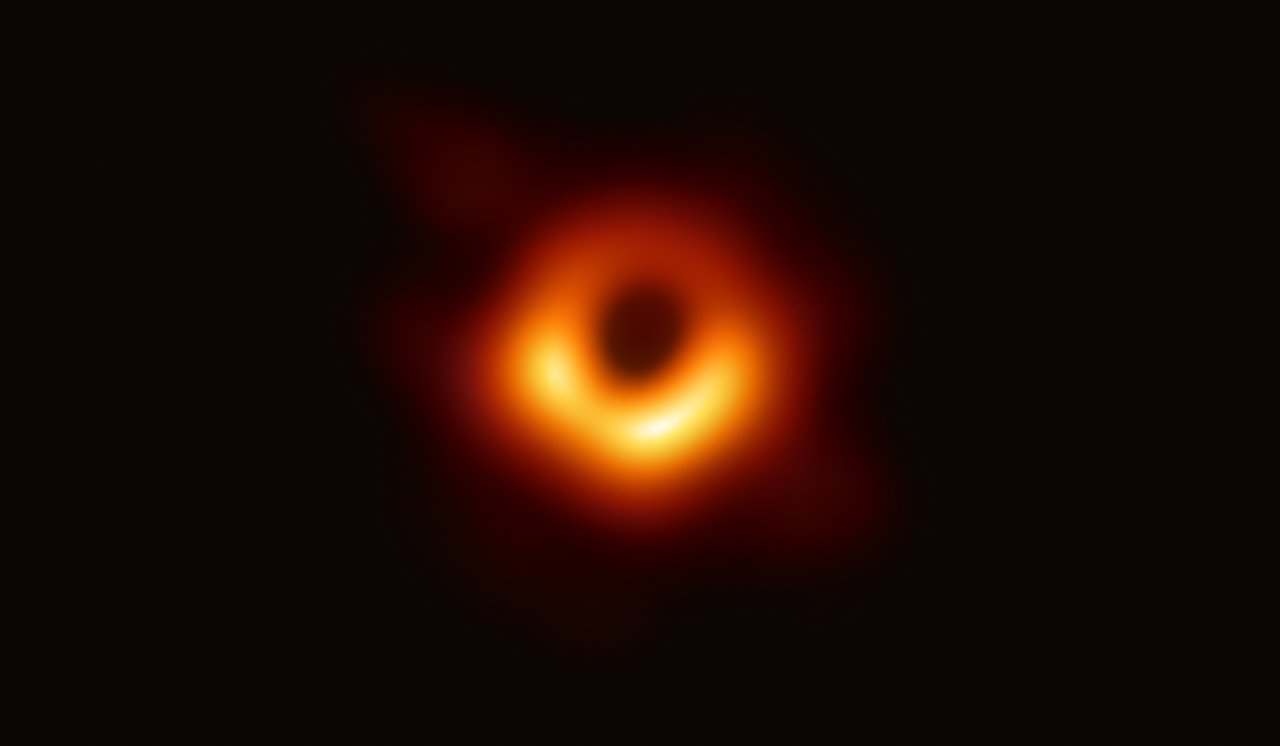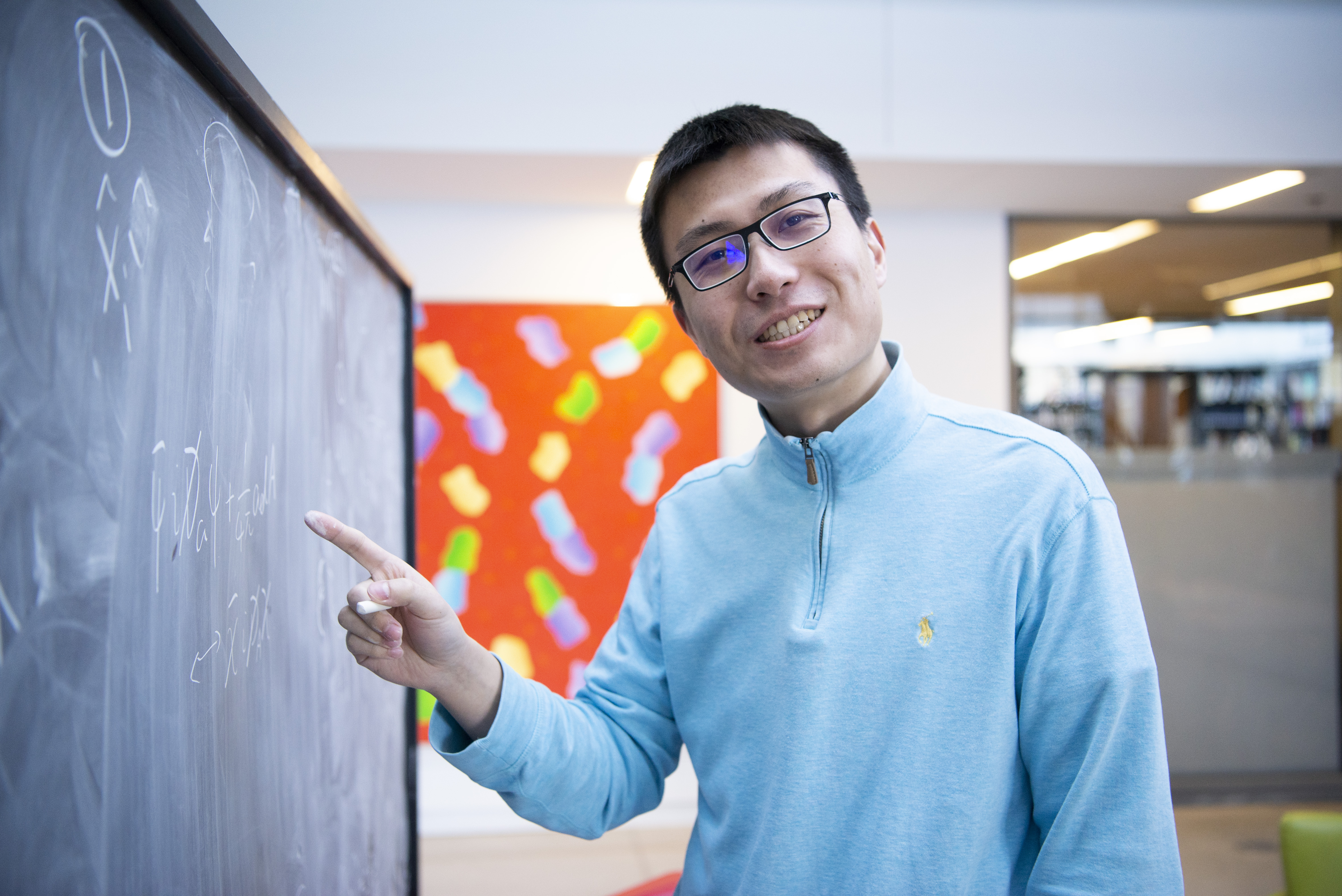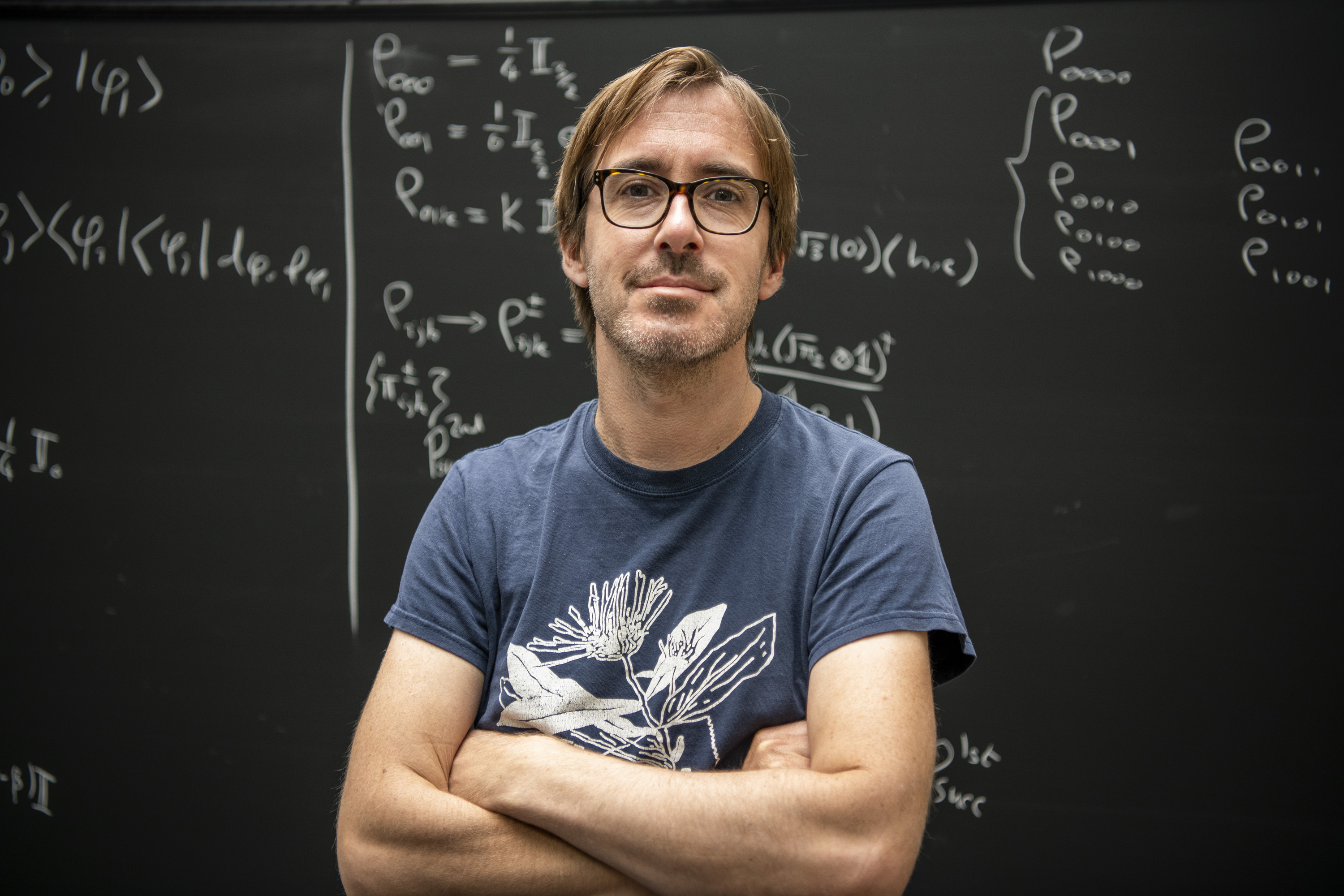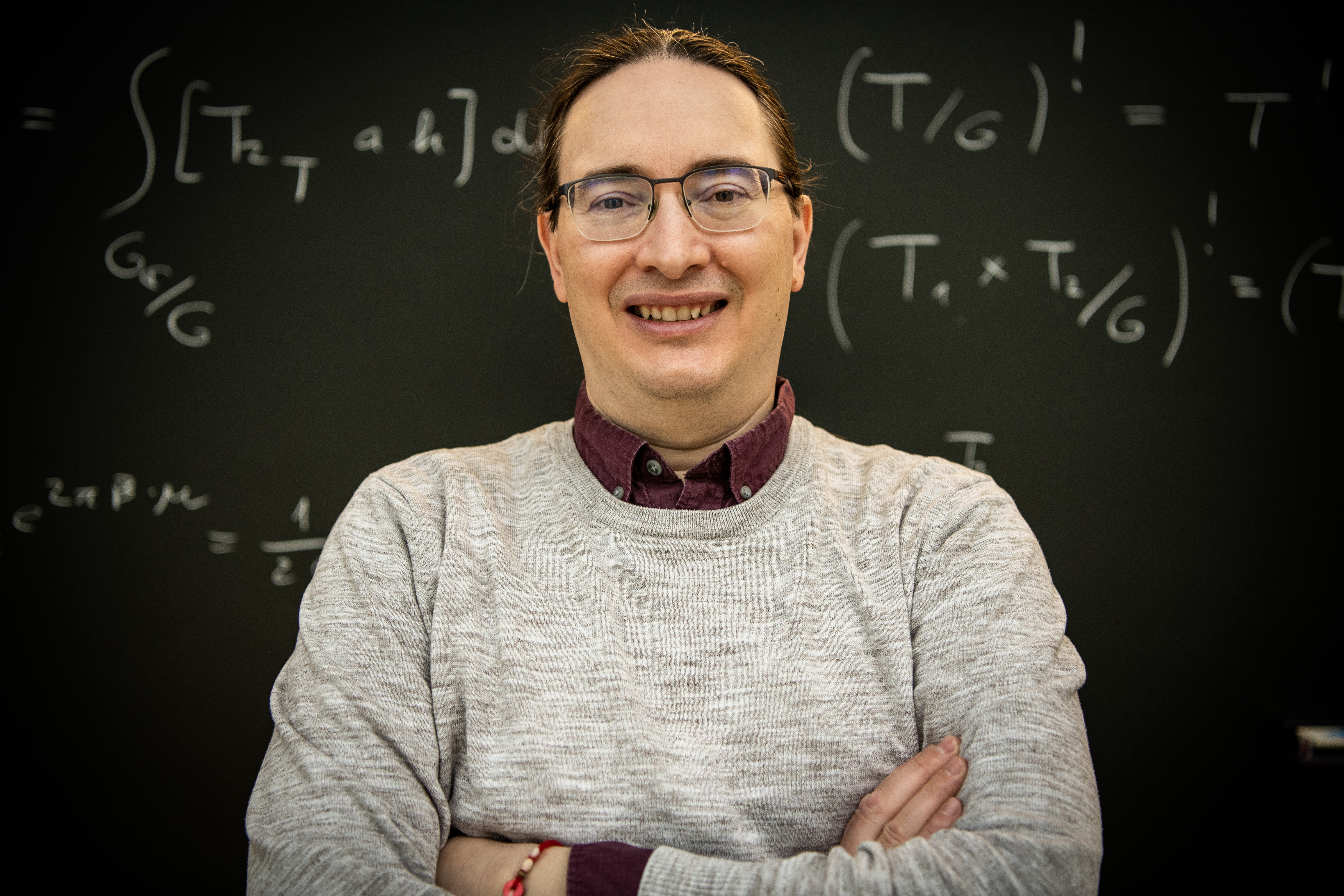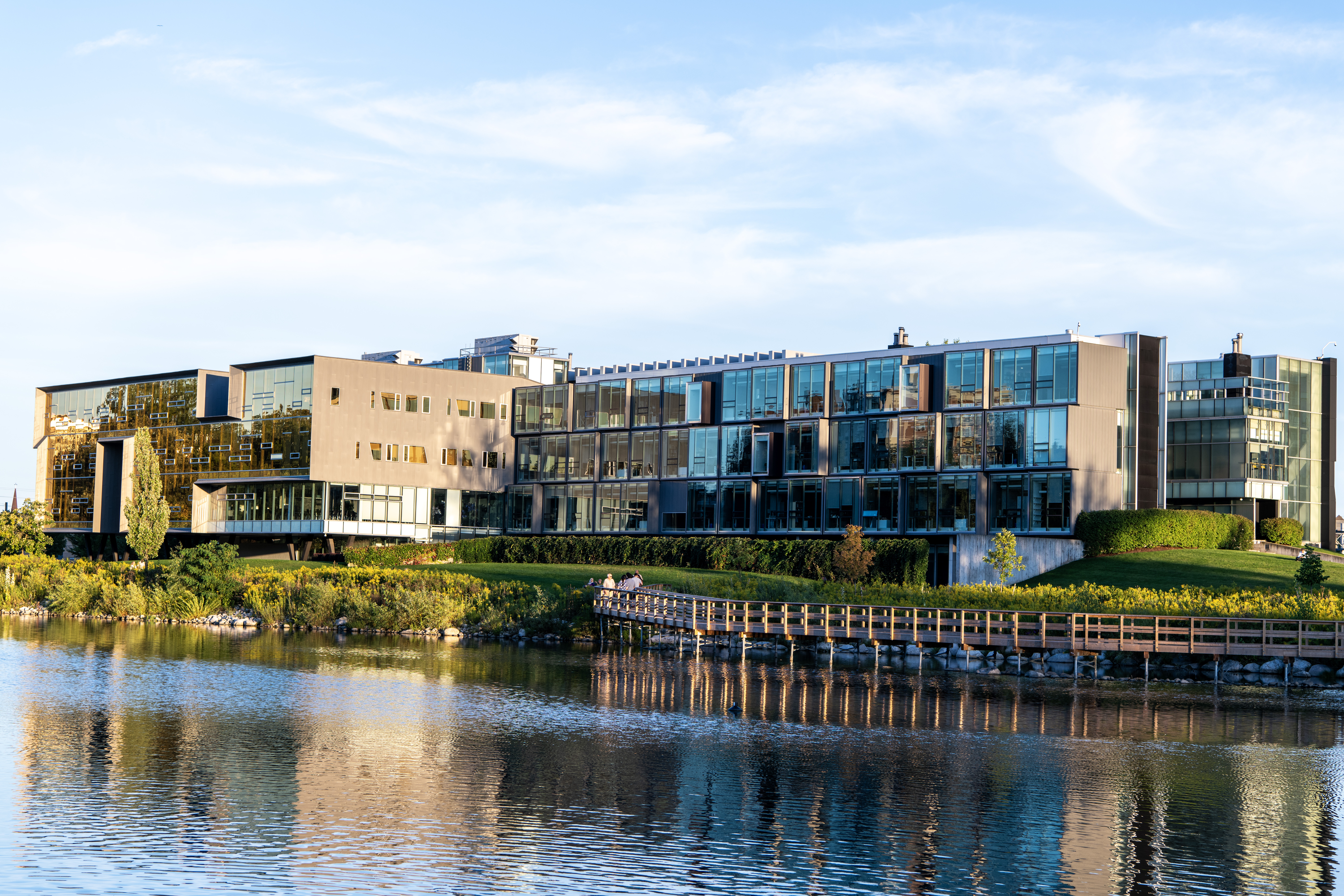The awards – announced in March 2025 – honour top research, with an emphasis on achievements that are both excellent and of outstanding scholarly value. The 2025 awards highlighted papers from more than 20 countries and regions, spanning physics, mathematics, and theoretical computing and information sciences.
“Perimeter’s researchers are truly at the forefront of some of the most exciting developments in theoretical physics, mathematical physics, and astrophysics,” says Marcela Carena, Executive Director of Perimeter Institute. “I’m proud of my colleagues’ achievements, and of the environment we’ve built at this Institute to enable research excellence across a variety of fields. Perimeter is a world-class destination for theoretical physics research, and a hub for productive collaboration.”
Four award-winning papers that push boundaries
From a now-famous image of supermassive black hole M87*, to new understandings of quantum field theory, each of the four winning papers underscore Perimeter Institute’s pivotal role in advancing scientific innovation that will inspire new generations of scientists worldwide.
The Event Horizon Telescope team, including six Perimeter Institute scientists, won for "First M87 Event Horizon Telescope Results IV. Imaging the Central Supermassive Black Hole," published in The Astrophysical Journal Letters. The paper made international headlines with the first-ever image of a black hole.
Perimeter faculty member Chong Wang and co-authors won for their paper, "A Duality Web in 2+1 Dimensions and Condensed Matter Physics" published in the Annals of Physics in 2016. The paper has many potential applications, including in condensed matter physics like the theory of topological insulators.
Kevin Costello, Krembil William Rowan Hamilton Chair in Theoretical Physics at Perimeter, won in the Mathematics category alongside his co-authors for their influential 2018 paper, "Gauge Theory and Integrability, I," published in ICCM Notices. The paper was the first in a series that develops a new and unifying perspective on two-dimensional integrable models, both discrete and continuous, which ‘explains’ where they come from, and gives many new examples.
Finally, Perimeter’s Davide Gaiotto, who holds the Krembil Galileo Galilei Chair in Theoretical Physics, won alongside three co-authors for their paper, "Theta, Time Reversal, and Temperature" published in the Journal of High Energy Physics in 2017. Along with a companion paper published the following year, the team demonstrates some novel applications of higher form symmetries to theories such as quantum chromodynamics. Higher form symmetries are now used to study some problems in condensed matter physics and topological field theory.
About Perimeter Institute
Perimeter Institute is a leading centre for research, training, and outreach in theoretical physics. Based in Waterloo, Ontario, Canada, it aims to deepen our understanding of the universe at its most fundamental level.
Bringing together a diverse community of scientists, Perimeter fosters new ideas about space, time, and matter – advancing discoveries that could shape our future.
À propos de l’IP
L'Institut Périmètre est le plus grand centre de recherche en physique théorique au monde. Fondé en 1999, cet institut indépendant vise à favoriser les percées dans la compréhension fondamentale de notre univers, des plus infimes particules au cosmos tout entier. Les recherches effectuées à l’Institut Périmètre reposent sur l'idée que la science fondamentale fait progresser le savoir humain et catalyse l'innovation, et que la physique théorique d'aujourd'hui est la technologie de demain. Situé dans la région de Waterloo, cet établissement sans but lucratif met de l'avant un partenariat public-privé unique en son genre avec entre autres les gouvernements de l'Ontario et du Canada. Il facilite la recherche de pointe, forme la prochaine génération de pionniers de la science et communique le pouvoir de la physique grâce à des programmes primés d'éducation et de vulgarisation.

